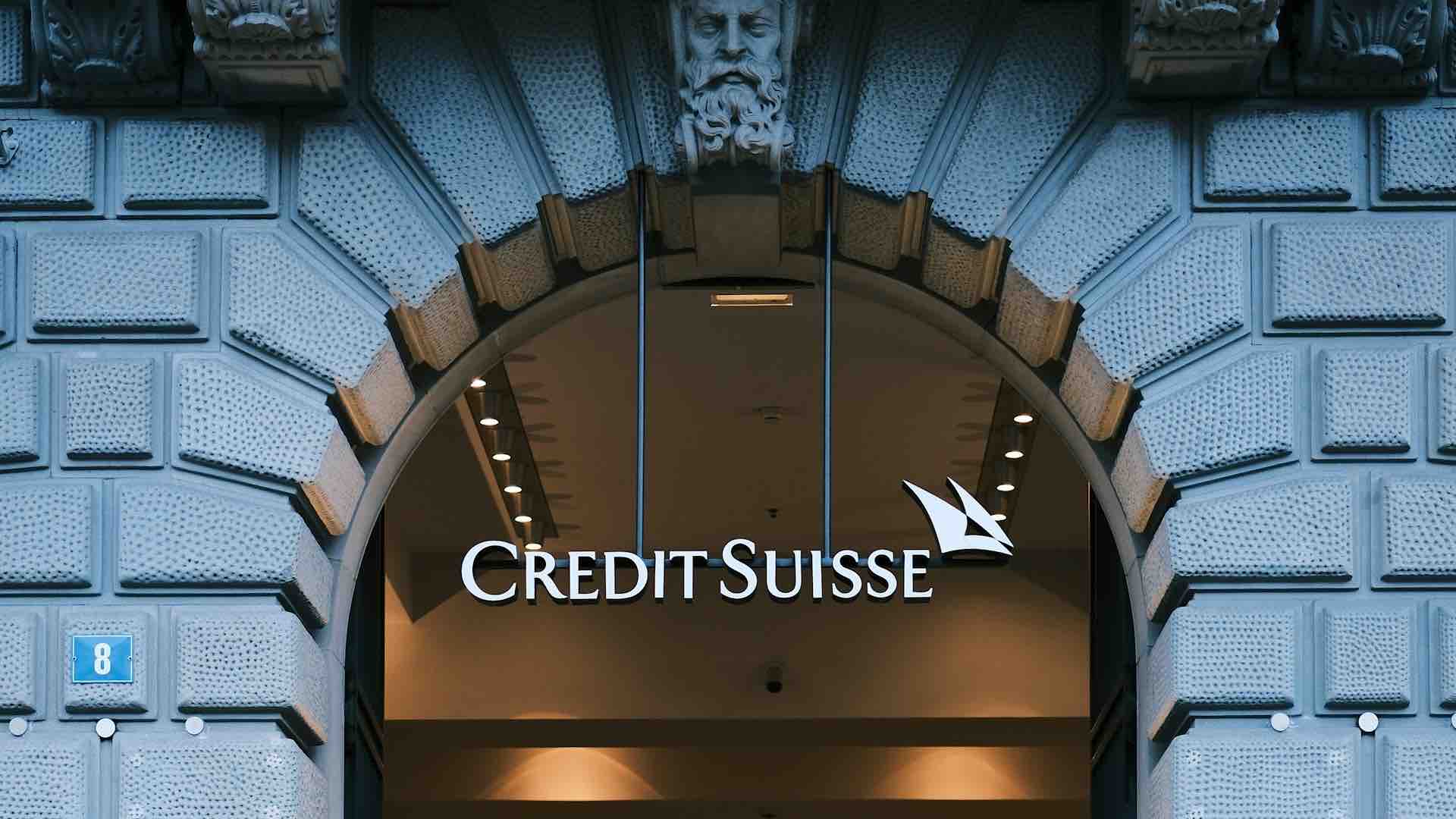Recent investigations have revealed that Credit Suisse, now part of UBS, maintained nearly 100 accounts linked to Nazis and Nazi-affiliated individuals, with some remaining active until as recently as 2020. The findings, initially reported by the Wall Street Journal and examined by the U.S. Senate Budget Committee, have reignited concerns about the bank’s historical connections to the Nazi regime and its role in facilitating financial services for individuals implicated in war crimes.

Documents uncovered during the investigation point to previously undisclosed accounts tied to senior Nazi officials and groups, particularly in Argentina. Records indicate that at least 70 accounts were opened after 1945, with 14 remaining active well into the 21st century. Independent investigators also identified a cache of client files stamped “American blacklist,” referring to entities accused of supporting the Axis powers during World War II. These discoveries have prompted questions about Credit Suisse’s transparency and historical accountability.
The investigation, led by U.S. Senators Chuck Grassley and Sheldon Whitehouse, revealed that Credit Suisse obstructed inquiries by restricting access to key records and terminating Neil Barofsky, the independent ombudsperson overseeing the probe. Barofsky, reinstated following intervention by the Senate Budget Committee, has since resumed his examination of the bank’s archives, supported by forensic specialists and historians. His team has already reviewed 300,000 meters of archival materials and continues to investigate digital and physical records stored in multiple locations across Europe, South America, and the United States.
The Senate inquiry builds on earlier revelations about Swiss banks’ handling of Nazi-linked assets. In 1998, Credit Suisse and UBS agreed to a $1.25 billion settlement to compensate Holocaust survivors and their heirs for unclaimed assets. However, the latest findings suggest that Nazi-era accounts may not have been fully disclosed during prior investigations, such as those conducted by the Bergier Commission and the Volcker Commission in the 1990s. Barofsky’s review uncovered additional files from the bank’s “Inf Department,” showing high relevance to Nazi connections, including accounts held by intermediaries involved in smuggling looted assets and financing Nazi operations.
Documents reviewed thus far have revealed connections to individuals who assisted Nazis in evading justice through escape networks known as “ratlines.” These included manufacturers who used forced labor and financial intermediaries involved in the aryanization of Jewish assets. Investigators have identified over three dozen such individuals, many of whom maintained accounts at Credit Suisse. The findings also highlight evidence of efforts to sanitize reports presented to previous commissions, with internal notes suggesting that key details were deliberately omitted.
UBS, which acquired Credit Suisse in 2023, has expressed support for the investigation, emphasizing its commitment to transparency and cooperation. The probe, overseen by Barofsky, aims to compile a comprehensive final report by 2026, shedding light on Credit Suisse’s wartime dealings and its handling of Nazi-linked accounts over subsequent decades. Jewish advocacy groups and U.S. lawmakers continue to press for accountability, underscoring the importance of preserving historical records for future generations.
As the investigation progresses, Credit Suisse’s role in concealing its connections to Nazi-linked individuals has drawn widespread condemnation. The findings underscore ongoing challenges in addressing historical injustices and ensuring accountability within the global financial system. The results of the inquiry are expected to have far-reaching implications for how banks confront their past and maintain ethical standards in financial practices. – By EuroWire News Desk.
